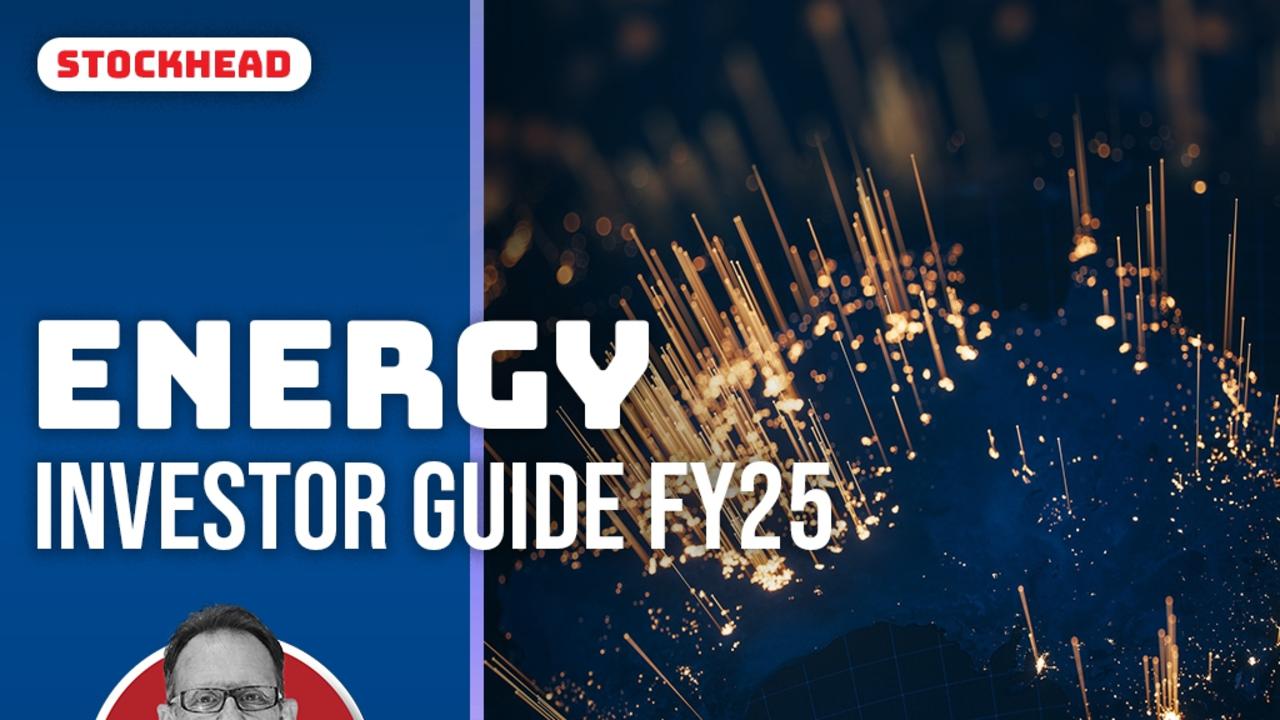Emission Control: Dutch developer reckons Juncao grass could offset ALL CO2 emissions worldwide
Dutch company Carbon-Alert is pioneering a unique way to cut emissions by creating artificial peat, storing millions of tonnes of CO2 underground.

Emission Control is Stockhead’s fortnightly take on all the big news surrounding developments in renewable energy.
-
Netherlands-based company Carbon-Alert has come up with a unique way to reduce emissions by creating artificial peat, resulting in the storage of millions of tons of CO2 underground.
One of its projects involves planting Juncao grass or “giant grass” across 4,000ha (or 9,884 acres) in Colombia.
As discovered by Chinese researcher Lei Xuejun, Juncao grass can absorb about 200 to 300 times more CO2 than your average tree.
In fact, Carbon Alert calculated around a million square kilometres of Juncao Grass would offset all CO2 emissions worldwide – a natural alternative to solar panels and windmills.
–
For the latest renewables news, sign up here for free Stockhead daily newsletters
–
These plants can grow up to five metres in only two months and require night temperatures of at least 20 degrees, which is why the project is based in Columbia.
According to Carbon Alert, Juncao grass represents a huge opportunity for innovation in tropical regions by providing CO2 storage while working to help fertilise desert areas, produce biomass, and offset oil, coal and gas.
Carbon-Alert wants to partially liquefy the plant and inject it under the groundwater, so all the CO2 the plant takes from the air disappears into the soil.
This is an accelerated form of peat formation, as the Earth has purportedly been doing for 200 million years.
And even better, the injected CO2 - also known as the CO2 sink - can be converted into carbon credits and purchased by companies to offset their emissions.
Who’s had news out this week?
TECHNOLOGY METALS AUSTRALIA (ASX:TMT)
TMT will not only work with the government-backed Future Battery Industries Cooperative Research Centre (FBICRC) to enhance the performance of vanadium redox flow batteries (VRFBs), but it will also be a key investor in the project – as revealed on Tuesday.
Product from the company’s Murchison Technology Metals Project (MTMPT) will be used as feedstock for vanadium electrolyte research, which involves experimenting with additives and stabilising agents, as well as measuring the effect of impurities to ultimately determine the optimal concentrations for VRFB electrolyte.
Much of the work will be completed at the Engineering and Energy Department Laboratories as part of the Harry Butler Institute (Centre for Water, Energy and Waste) at Murdoch University, Western Australia.
TMT as a major participant in the project has committed a cash contribution, access to its technical team and provision of material such as magnetite concentrate and vanadium pentoxide from the 100% owned MTMP.
The project is expected to run over three years, with set milestones scheduled to mark progress and provide feedback to participants.
FBICRC CEO Shannon O’Rouke says by 2050, in a net zero scenario, 70% of all renewables spend will be on batteries.
“Vanadium batteries are compact, durable, and infinitely recyclable making them excellent for long duration storage,” she says.
“The technology was invented in Australia, and we’re pleased to be looking at ways to lower costs and improve quality.”
–
Visit Stockhead, where ASX small caps are big deals
–
DELOREAN CORPORATION (ASX:DEL)
Bioenergy company, Delorean, has entered a binding term sheet with the National GreenPower Accreditation Program, represented by NSW.
The term sheet confirms preliminary satisfaction of the company’s SA1 Project in meeting the eligibility criteria and participation requirements for accreditation under GreenPower’s Renewable Gas Certification pilot.
Although the program is administered by NSW, it operates nationally across all Australian jurisdictions.
GreenPower, a renewable energy certification operating since 1997, independently accredits and audits electricity generators and retail products to ensure the right amount of renewable energy is fed into the grid on a customer’s behalf.
It is now also establishing the pilot program for renewable gases - certification under the pilot program enables gas producers to get independent verification of renewable gas production in the form of renewable gas certificates (RGCs).
Pre-approval has been granted for Delorean’s SA1 Project, located in Salisbury, South Australia, ensuring the SA1 Project can formally join the certification pilot project once it is launched.
In its first stage, the project will divert up to 60,000 TPA of commercial and industrial waste streams from landfill and agricultural waste.
The organic waste will be used to produce biogas through the process of anaerobic digestion and be used for on-site power generation - upgrading to bio-methane for injection into the gas network.
PURE HYDROGEN (ASX:PH2)
PH2 hit a major milestone this week with its sale of a 5 kilowatt fuel cell generator – one of the first of its kind in Australia – to The Plumbing Industry Climate Action Centre.
The fuel cell generator, which uses hydrogen to generate electricity with zero emissions, will be used by PICAC at its Hydrogen Centre of Excellent in Queensland, Australia’s first dedicated training facility for training jobs of the future in hydrogen.
This was provided under an agreement that outlines purchase arrangement for the supply of the hydrogen fuelled generator and hydrogen fuel, with installation and delivery expected this month.
PH2 expects to receive about $55,000 from the sale of the generator and supply of hydrogen in the first year.
The unit can be also used in a broad range of applications including providing backup power and/or supply to power mobile communication towers, farms, businesses, hospitals, households and mine sites.
This content first appeared on stockhead.com.au
SUBSCRIBE
Get the latest Stockhead news delivered free to your inbox. Click here


